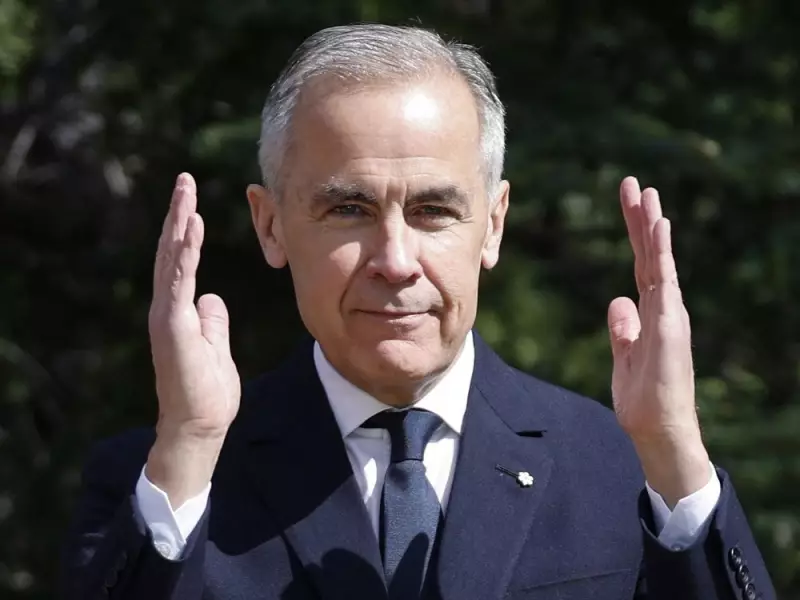
The federal government's latest budget has raised eyebrows among critics who claim it deliberately omits the massive costs associated with Mark Carney's climate competitiveness strategy while simultaneously revealing new details about carbon tax increases.
The Missing Billions
According to budget analysis, the document fails to account for what environmental policy experts estimate could be tens of billions in climate-related expenditures. The strategy, championed by former Bank of Canada governor Mark Carney, aims to position Canada as a leader in the global green economy, but the financial implications remain conspicuously absent from official calculations.
Carbon Tax Transparency
While climate strategy costs were excluded, the budget did provide unprecedented detail about carbon tax revenue projections. Documents reveal the federal carbon tax is expected to generate approximately $6.9 billion this fiscal year alone, with projections showing steady increases through 2028.
Competitiveness Versus Cost
The climate competitiveness strategy represents one of the government's most ambitious environmental initiatives, yet the budget's silence on its financial requirements has sparked concern among fiscal watchdogs. Critics argue that without transparent costing, Canadians cannot properly assess the plan's viability or economic impact.
What the Numbers Reveal
Budget documents show carbon tax revenues will rise from current levels to nearly $8.5 billion annually within four years. This increase comes despite ongoing political debates about the tax's effectiveness and economic consequences for Canadian households and businesses.
The discrepancy between detailed carbon tax accounting and absent climate strategy costs suggests the government may be pursuing environmental goals without full financial disclosure, leaving Canadians in the dark about the true price of their climate ambitions.





